Monty’s Day in Court
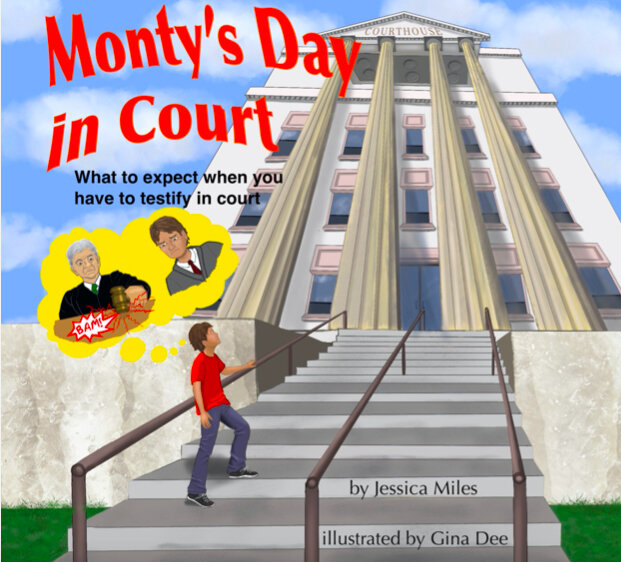
Helping children from hard places If you’re reading this blog, chances are that you are either parenting a child from a hard place or know such a child in some other way. Sadly, coming from a hard place can mean being the victim of a crime. It may even mean that the child has to […]
Holding Compassion
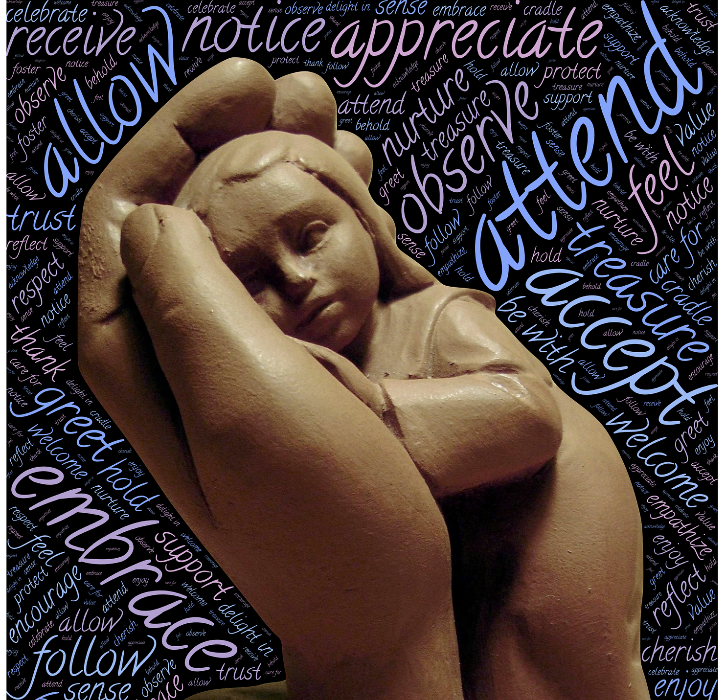
Blog manager’s note: Carol sent me these thoughts on compassion a little while back, in the height of “shelter-in-place.” I find it speaks to me now, as we all wonder and work toward whatever’s next in a world forever changed by the coronavirus. Learning Compassion One day recently, I was reminded of an exercise from […]
Rupture and Repair: Emotions, Attunement, and Attachment
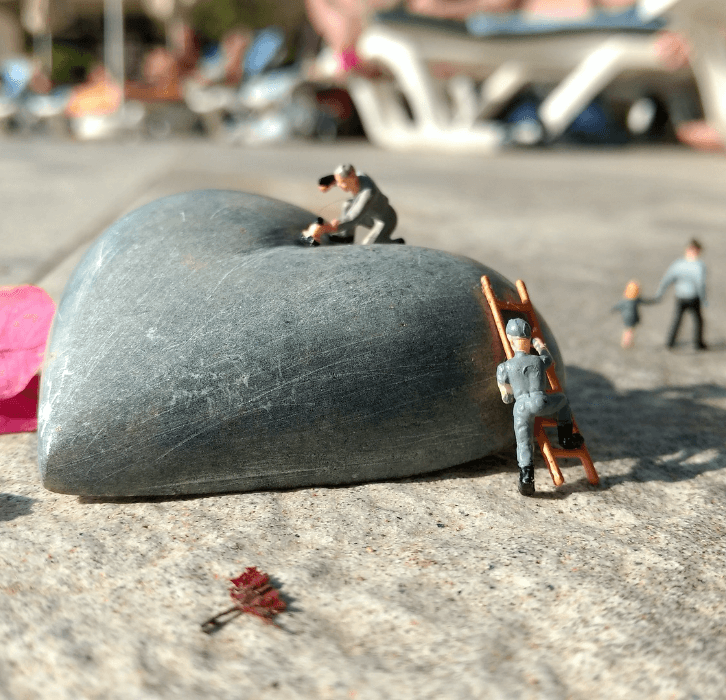
“Why do some children become sad, withdrawn, insecure, or angry, whereas others become happy, curious, affectionate, and self-confident?” developmental psychologist Edward Tronick, Ph.D. asked in a 1989 paper called “Emotions and Emotional Communication in Infants.” The answer lies in large part with the quality of emotional communication, or attunement, between parent and child. We don’t get […]
Vacation, Back-to-School, and Gratitude
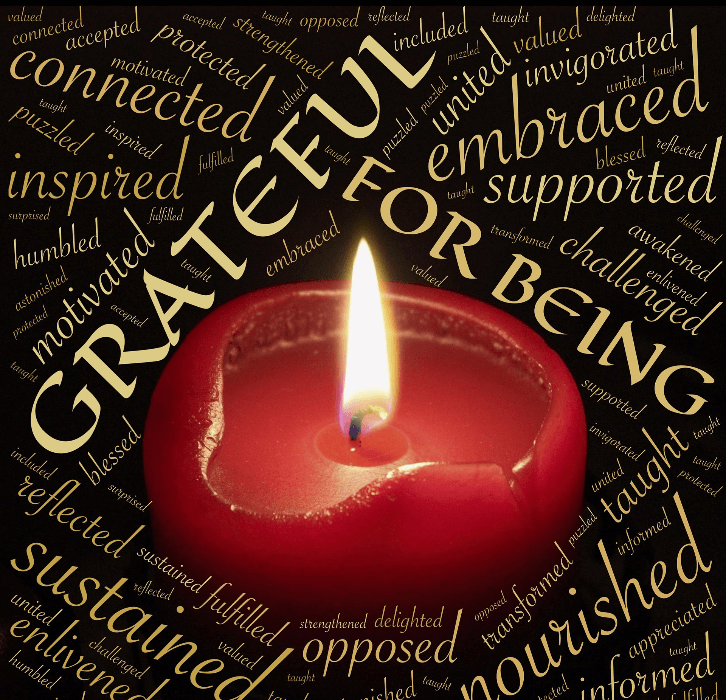
Gratitude. I feel it as I sit in front of a softly crackling fire, enjoying the fruity-rich notes of my first cup of coffee as I gaze out on a magnificent Puget Sound seascape. I look forward to another day of adventuring on our last get-away before the school year starts. There is a palpable […]
7 Ways to Help a Child Deal with Traumatic Stress
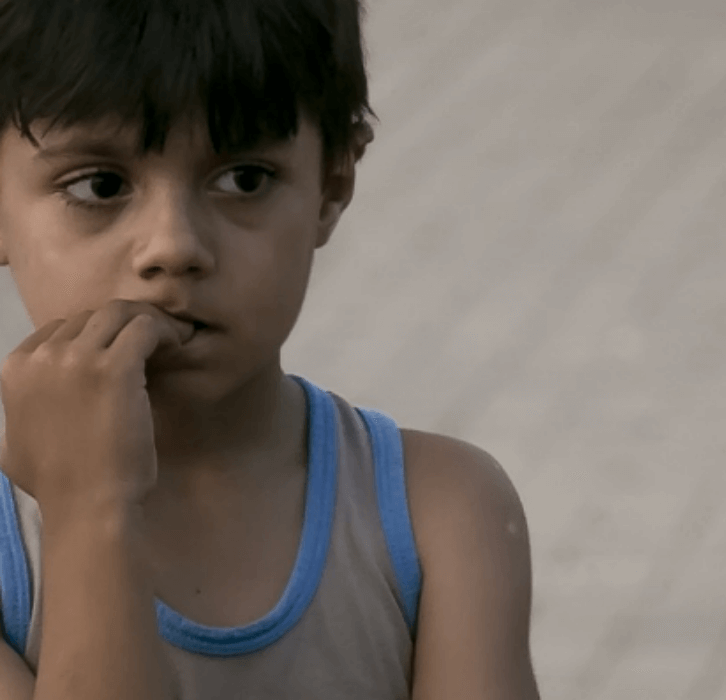
Humans are wired for connection and thrive in conditions of safety and security. When safety and security are compromised, we must do everything we can to restore a child’s felt sense of safety and security as fast as possible.
Words of Wisdom for Mother’s Day

We have a lot of new members, and with Mother’s Day just around the corner, I thought I’d share some highlights from the collective wisdom of the ATN blogging team about what for many of us is a roller coaster day. To read each post in full, click on the author’s name. Complicated feelings Mother’s […]
5 Enlightened Ways to Think About Mental Health
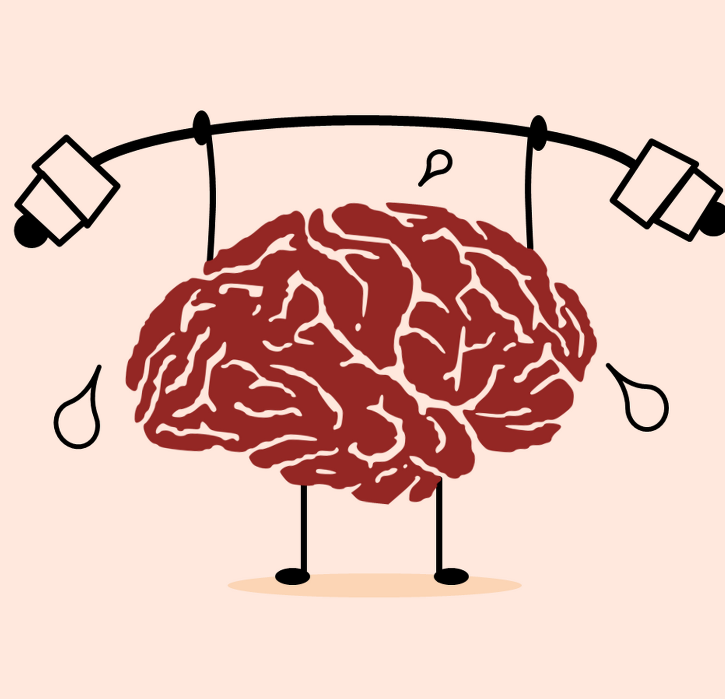
Mental health problems should be thought of no differently than physical health problems. In fact, they are related: mental health problems affect physical health and physical health problems affect mental health.
Who Do You Trust the Most?
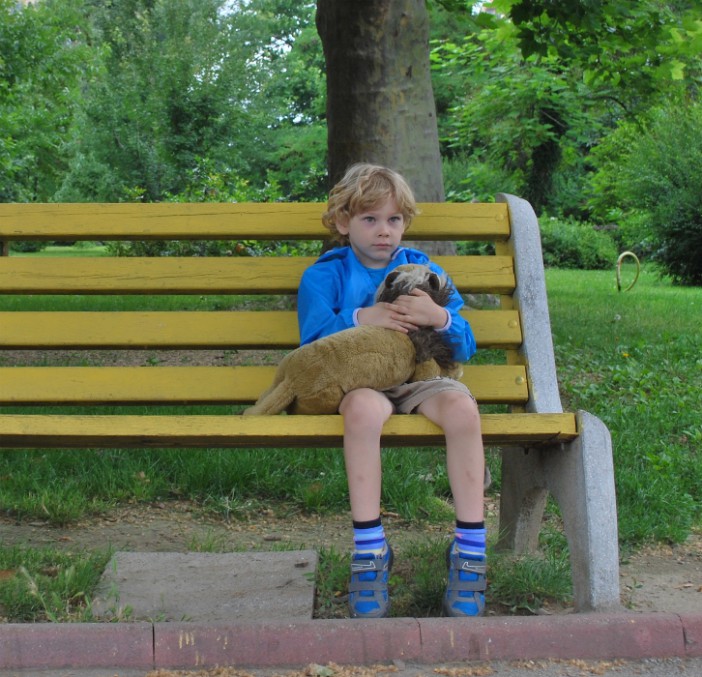
During a session with your therapist, she hands you a paper with three concentric circles drawn on it. They represent relative levels of trust in relationships. The central circle is who you trust the most. She asks you who you would put in that spot. You don’t answer. She pushes. You remain silent. Finally, she suggests your parents. You nod. You know that she needs you to nod.
Tis the Season of Everyday Celetastrophe

A new season is upon us. The glow from the dawn of the new year is on the wane. For some of us, it is in the company of the resolutions to which we swore our allegiance before we climbed into bed at 9:30 on December 31 – satisfied that 2019 would arrive whether or […]
Parenting, Anxiety, and ACEs

Parenting with ACEs doesn’t always require intense therapy. Sometimes all we need is a friend, a conversation, someone to remind us that we will be okay, if not immediately, then eventually.